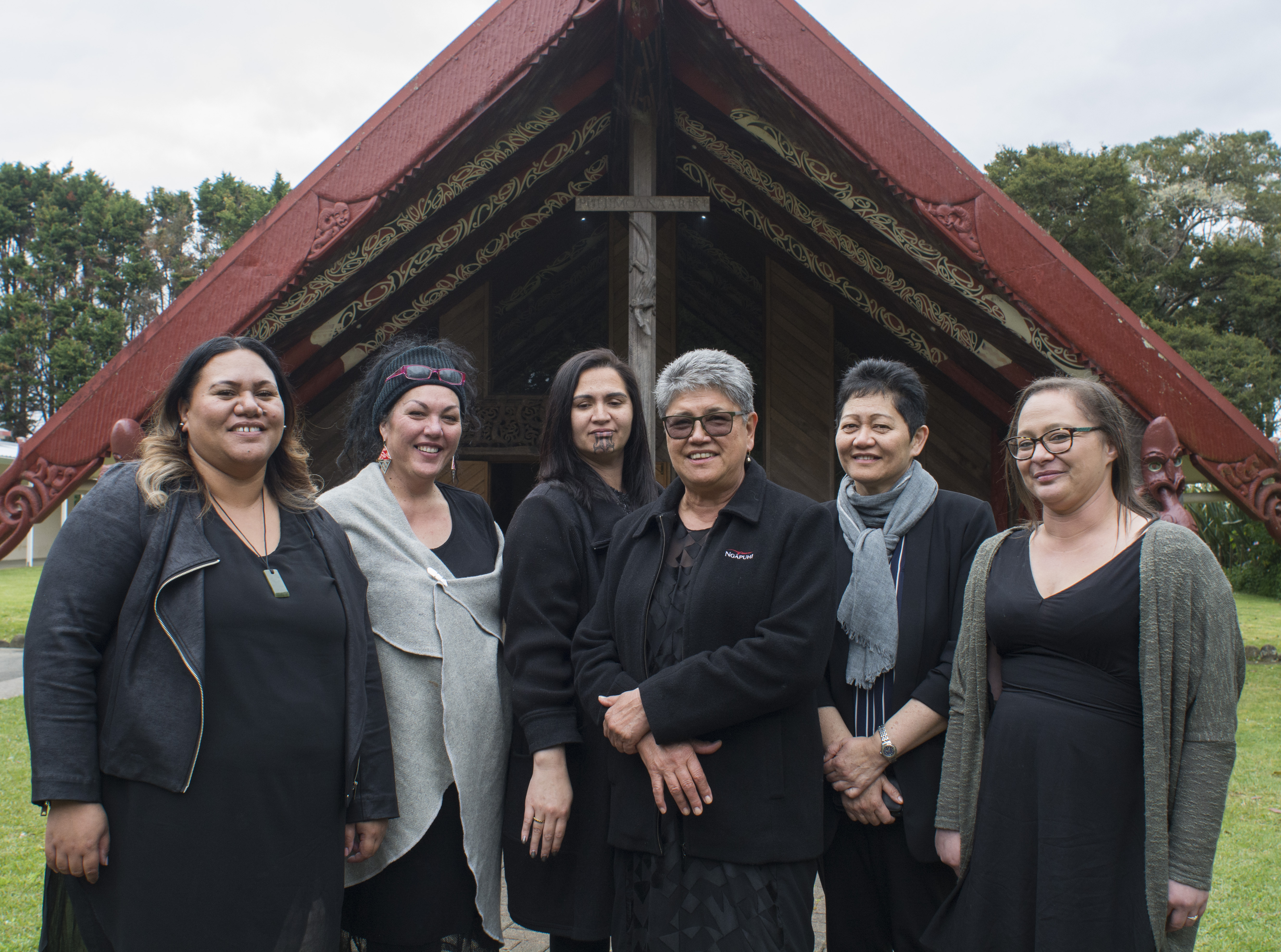Mana-enhancing service for taitamariki
Published: October 4, 2018
We are partnering with Ngāpuhi Iwi Social Services to support young people who have offended to make positive life decisions and cultural connections.
Youth remand service led by iwi
Mahuru is a youth remand service developed by Ngāpuhi Iwi Social Services with support from our team in Te Tai Tokerau alongside Police.
The service is for taitamariki Māori in Te Tai Tokerau who commit a crime and need to spend time in a safe and stable environment, while they await their court hearing.
Tamariki who meet certain risk criteria are placed with Ngāpuhi caregivers who can provide a safe and loving home environment.
During the placement they are immersed in mana-enhancing activities with Ngāpuhi mentors to develop their identity and pride as young Māori and achieve the goals outlined in their individual plans.

The first service of its kind
It's the first service of its kind. Up until now, the only option available was to place tamariki in facilities or homes outside of the region. This further disconnected them from their whānau and community.
Mahuru helps re-connect taitamariki to their culture and strengthens their sense of belonging within te Whare Tapu o Ngāpuhi, says Youth Justice Manager in Te Tai Tokerau, Aroha Tahere.
“They can remain in Te Tai Tokerau and learn more about who they are and where they are from, rather than being sent out of the region to facilities where they have no existing connections or relationships," Aroha says.
“Having them locally is really significant to them and their growth, and in order for them to be safe within their own communities."
Mahuru video
Innovative approach driven by kaupapa Māori
Mahuru is supported by the Judiciary, Police, and Children’s Commissioner Judge Andrew Becroft.
Judge Becroft says Mahuru is a refreshing approach to remand supervision as it leaves behind institutional residences in favour of individual support for the young person and their whānau.
“This is a great example of creative flexibility by Ngāpuhi and Oranga Tamariki in that it allows whānau, hapu and iwi to respond to the needs of taitamariki in a way that is meaningful and driven by a kaupapa-Māori approach," Judge Becroft says.
"Mahuru is a step forward in realising the vision of Puao te Ata tu, and it shows a commitment to the Oranga Tamariki Act which calls for more strategic partnerships with iwi, iwi authorities and Māori organisations."
Indigenous service award
Mahuru has since received an award at the indigenous affairs conference by the Australia and New Zealand School of Government in Melbourne. The award recognises innovative work in designing services for indigenous communities.
At the conference, there was great interest in the formation of equal partnerships between iwi and the Government. Ngāpuhi Iwi Social Services General Manager, Liz Marsden, says this was integral for Mahuru along with the legislation, Section 7AA, to realise higher aspirations for tamariki Māori.
"It was the first time we’d had such an equal partnership with any government department and we commend the Ministry for going down this path.”

